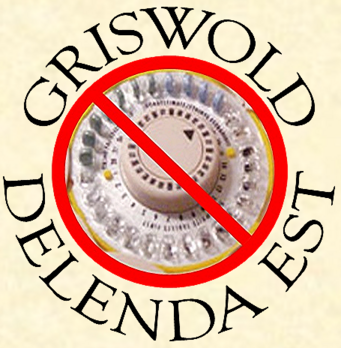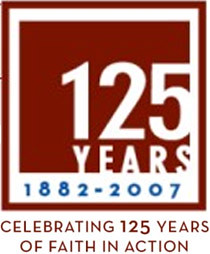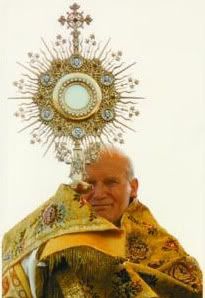Mary as Mother-in-Law
Mary is often spoken of as our mother, and this is an apt and beautiful description. I posit, though, that an equally apt (and beautiful, at least if your experiences are like mine) description, if you can momentarily set aside the other, is of Mary as our mother-in-law. The initial argument goes like this: the Church is the bride of Christ. Mary is the mother of Christ. The Bridegroom’s mother is the bride’s mother-in-law. By substitution, Mary is our mother-in-law.
Some people might be tempted to get up in arms over this, what with the general opinion of “mothers-in-law” in our society being quite low. I think, however, that this analogy is a very useful tool for explaining/defending devotion to the Blessed Virgin.
As a way of illustrating*, let me talk about myself, Paul, and his mom: If I want to know something about Paul, I can certainly spend time with and talk to him or read the things he’s written to me. This is, obviously, the best way to build our relationship. But why limit myself to only that way, even if it is the best, if there are other good ways? Paul’s mom, by virtue of being his mother, knows things about him that he might not ever think to tell me or I might not even think to ask. She has a bond with him that I’m not able fully to understand (and likely won't be until I have children of my own). By spending time with and cultivating a relationship with her, I can strengthen my relationship with her son. He’s also pleased when she and I get along well. He loves us both, so he wants us to be friends. Finally, if ever there were something that I really wanted or needed him to do and I needed help in asking him for it, whose help could be better to enlist? He can’t possibly say no to both of us.
Labels: Saints








3 Comments:
A good post; I think your analysis is a good way to approach the respect due to Mary.
Just one question: if Mary is really our mother-in-law, does Dante's work become "The Divine Sitcom"?
--Your intransigent Protestant reader.
Thanks, Evan. Clever. :)
This is really an interesting--and novel--analogy.
Post a Comment
<< Home